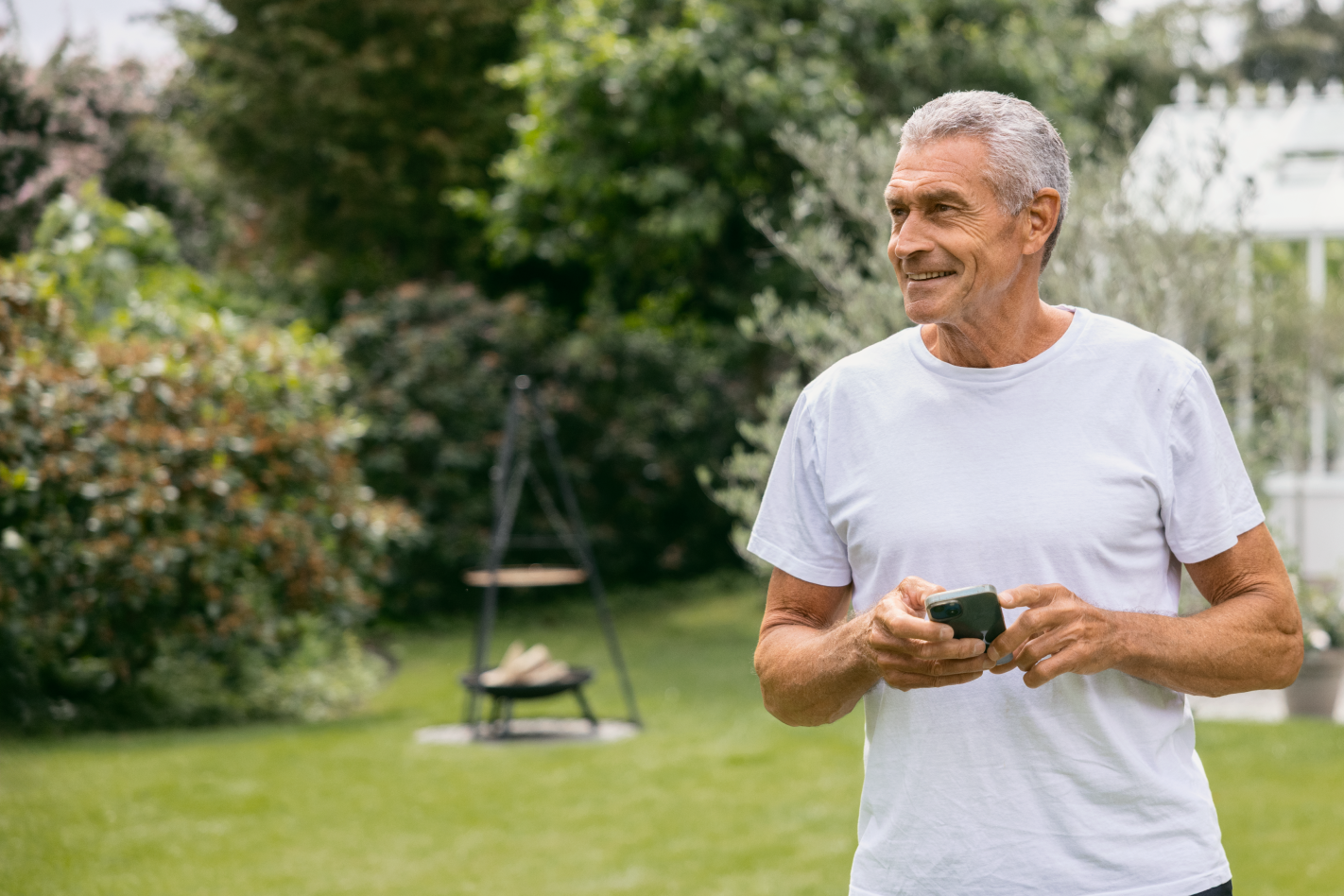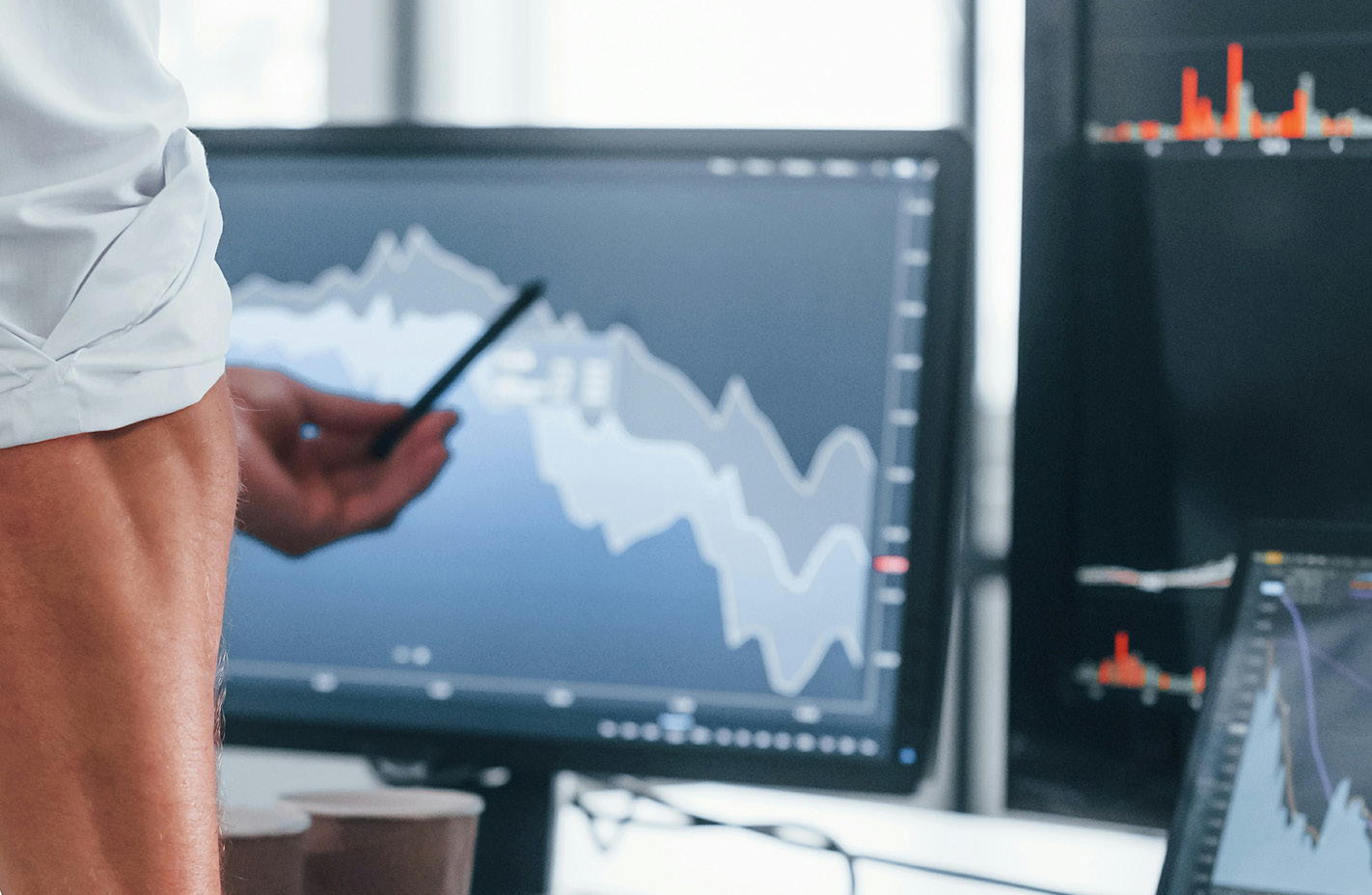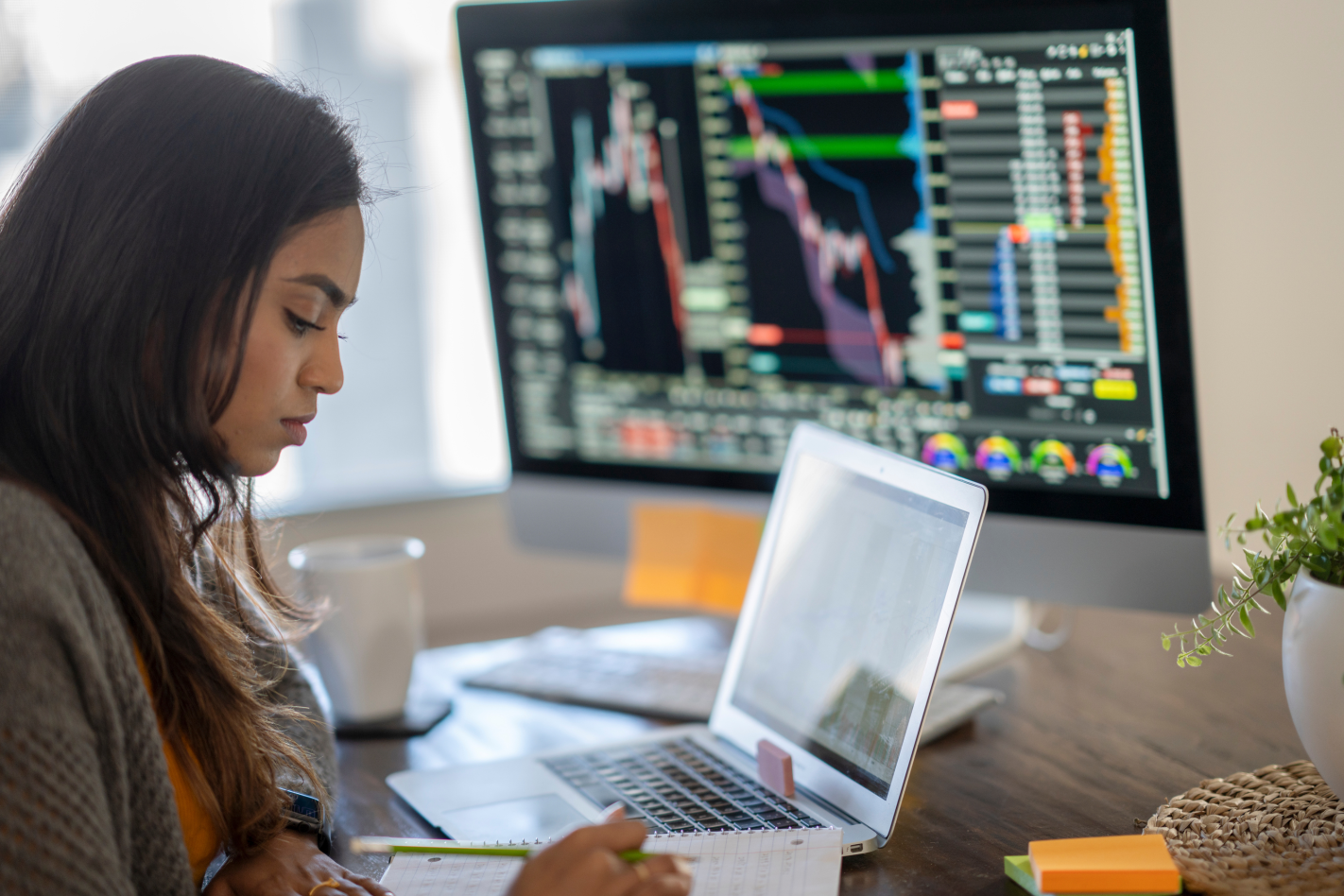Pharmaceutical industry in aggressive pursuit of golden drugs
The article is more than 3 months old. Please note that there may have been changes in the circumstances described in the article.
With patent expiries and tonnes of generic drugs, the pharmaceutical industry is compelled to develop new drugs that significantly outstrip the second best on the market.
If you are an investor on the lookout for pharmaceutical stocks, be on your guard. Today, it is not enough for a pharmaceutical company to develop a new drug that is slightly better than the previous one. Extremely cheap generic drugs and a strong focus on costs among, for instance, private US health insurers make huge demands on the drugs of the future. If the doctors’ and insurance companies’ squiggles on prescriptions are not to end up being generic drugs, a sharply more expensive alternative must also be markedly better.
“Previously, it was the best products that were sold. But that is a thing of the past. Today, those who pay for the drugs only want to pay for what is sufficient and, for instance, private US health insurers are very demanding. If the best and most expensive product is not significantly better and does not ensure fewer sick days, fewer hospital admissions, etc. then the second best will do,” says Senior Portfolio Manager Claus Johansen, Danske Capital. He is specialised in the pharmaceutical industry and provides Danske Invest with advice on biotech and pharmaceutical investments for both their European and global equity portfolios.
US pharmaceutical conference
These days, Claus Johansen is participating in a major pharmaceutical conference in the US to get hold of the newest trends and research and to talk with leading US doctors. Today, 88% of all US prescriptions are made out for extremely cheap generic drugs, he explains. That is why the last 12% is subject to fierce competition. And if a company has garnered a drug that is 20-30% better than the previous top product, then the health insurers are willing to lay down their arms and dip into their pockets.
He points to various disease areas where companies have managed to develop drugs that outstrip the previous drugs to such an extent that the money is pouring in. A case in point is US biotech company Gilead, which has succeeded in developing a drug for the treatment of infectious hepatitis C.
USD 1,000 a day
“They have launched a new product that costs USD 1,000 a day during a 12-week treatment, totalling USD 84,000 or around EUR 61,000 for a treatment that almost cures the disease. At the end of the day, the insurers and the public sector save expensive sick days and lengthy hospitalisation and therefore they are willing to pay what it costs,” says Claus Johansen.
Another company, Novartis, has developed a new kind of drug against heart failure. The drug is estimated to be 20% better than the second best on the market and has boosted the company’s sales. Also, immunotherapy within, for example, aggressive skin cancer has resulted in new and significantly better drugs, bolstering the pharmaceutical companies’ financial position. For instance, Merck, the pharmaceutical developer, has a drug that costs USD 150,000 annually; the drug is currently going through the US health authorities’ approval process. But, then, this drug is administered to patients who do not benefit from any other drug on the market and who have no other alternative. Danish-based Novo Nordisk also has high expectations for delivering a breakthrough drug for the treatment of obesity, the complications of which are an enormous financial burden on society.
Risky investments
According to Claus Johansen, investors must beware that investments in pharmaceutical companies are risky and, therefore, make sure to spread their investments. A company’s drug may be threatened by another drug which is more efficacious or has a more attractive side-effect profile. This can erode earnings and the stock price. It requires insight and lots of hard work to spot the companies that offer the greatest potential compared to the risk you are willing to take.
Danske Invest has invested in a string of pharmaceutical companies for its European and global equity portfolios, including in Novo Nordisk.







